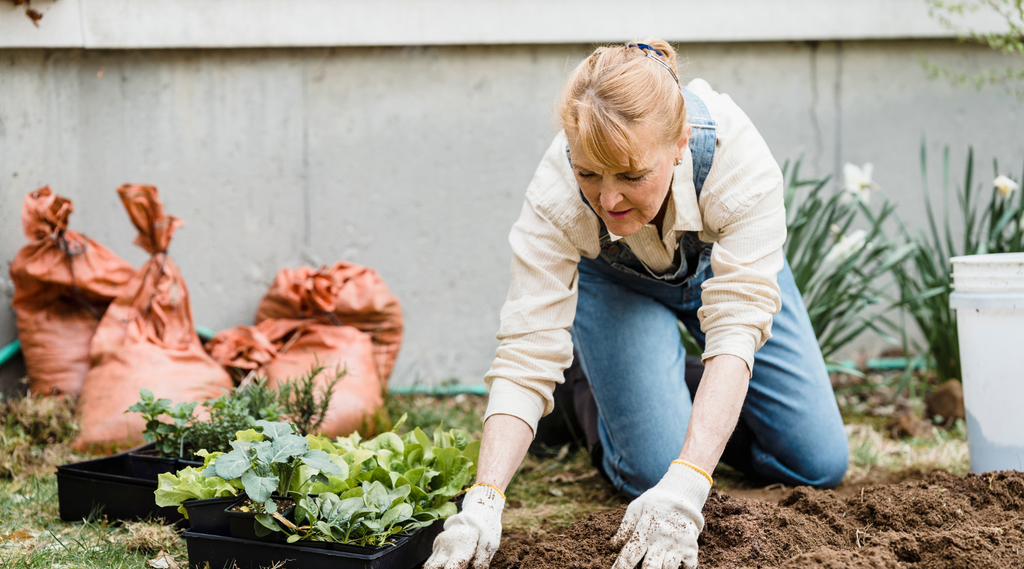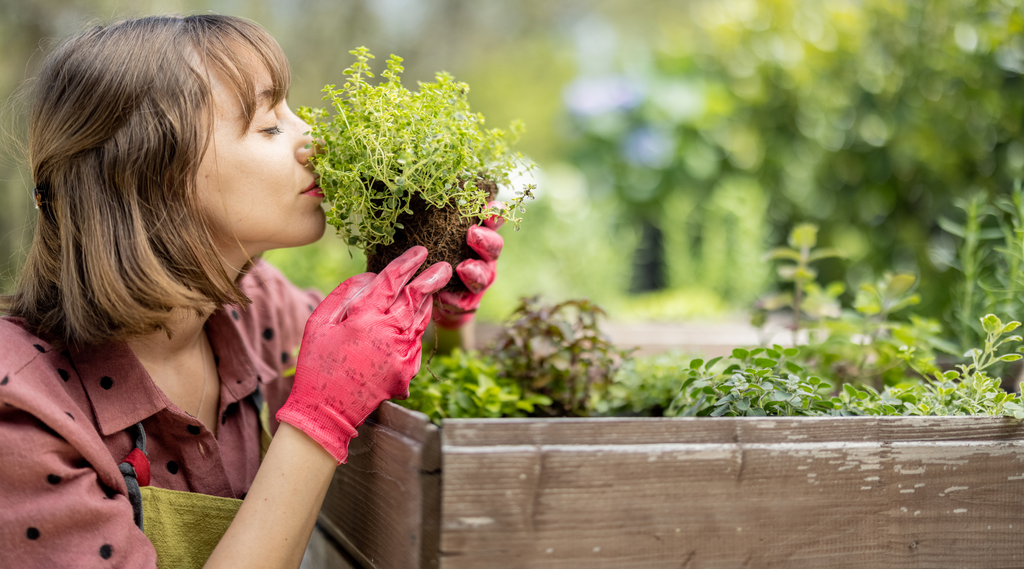The Natural Remedy
In today's fast-paced world, finding a moment of peace can seem like a luxury. Yet, the serenity we seek might just be at our fingertips—or, more accurately, in our backyards. Gardening, often seen as a leisurely activity, is more than just a means to beautify our surroundings; it's a conduit to mental well-being and a deeper connection with nature.
The Healing Powers of Planting
Gardening is not just about sowing seeds; it's about growing positivity and harvesting well-being. The act of gardening has been scientifically proven to reduce stress, anxiety, and depression. Engaging with the soil, feeling its texture, and witnessing the cycle of life can ground us, offering a unique form of mindfulness that's increasingly supported by research.
For instance, a study published in the Journal of Health Psychology found that gardening reduces cortisol levels, a hormone associated with stress, more effectively than other leisure activities. Similarly, exposure to sunlight during gardening increases Vitamin D levels, combating mood disorders such as seasonal affective disorder (SAD).

Connecting with the Earth, Connecting with Ourselves
The connection between humans and the earth is an ancient one, but in our digital age, we often forget the importance of this bond. Gardening reestablishes this connection, reminding us of the natural cycles of life and the beauty of growth and renewal.
- Mindfulness and Presence: Focusing on the immediate tasks of planting, watering, and weeding can help bring a sense of calm and presence, pulling us away from the relentless pace of modern life.
- Physical Activity: Gardening involves various physical activities, from digging to pruning, which can boost endorphin levels and contribute to physical health.
- Nutritional Benefits: Growing your own fruits, vegetables, and herbs not only connects you to the food you eat but also ensures a fresher, more organic intake, contributing to overall health.
Cultivating Your Mental Garden
Starting a garden doesn't require acres of land or years of experience. Even a small balcony or windowsill can become a sanctuary for plants—and for your mental health. Here are some tips to get started:
- Start Small: Choose easy-to-grow plants that require less maintenance, such as succulents, tomatoes, or herbs.
- Engage Your Senses: Incorporate a variety of plants that stimulate different senses—fragrant herbs, textured leaves, and vibrant flowers.
- Keep a Garden Journal: Documenting your gardening journey can enhance mindfulness and provide a sense of accomplishment.

Nurturing Your Green Space, Nurturing Your Mind
As your garden grows, so too can your connection to nature and your mental well-being. Gardening offers a unique blend of physical activity, creativity, and environmental engagement. By nurturing your green space, you're not just cultivating plants; you're cultivating resilience, joy, and a deeper connection to the natural world.
Remember, gardening is a journey, not a destination. There's no right or wrong way to garden, just as there's no one-size-fits-all approach to mental health. By embracing gardening as a form of self-care, you can transform not only your environment but also your mental landscape.
Incorporating nature into our lives is essential for our mental and emotional health. By turning to gardening, we embrace a powerful tool in the quest for balance and well-being. So, put on your gloves, grab your tools, and step into the garden. Nature is waiting to welcome you with open arms, offering solace, inspiration, and a path to tranquility.





